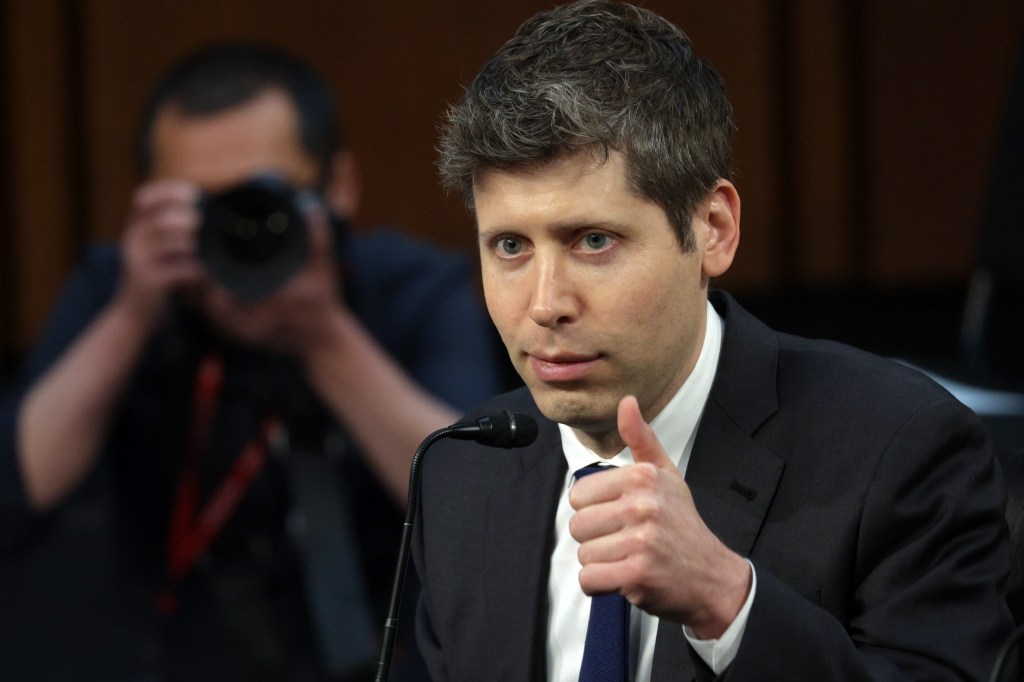In a significant shake-up within the U.S. intelligence community, President Donald Trump has dismissed General Timothy Haugh from his dual roles as Director of the National Security Agency (NSA) and head of U.S. Cyber Command. This decision, reported by multiple news outlets, has sparked widespread concern among lawmakers and national security experts.
Background on General Haugh’s Tenure
General Haugh, a seasoned military officer with over three decades of service, assumed leadership of the NSA and Cyber Command in February 2024. His tenure was marked by efforts to bolster the nation’s cyber defenses and intelligence capabilities. Under his guidance, the NSA played a pivotal role in identifying and mitigating cyber threats, including the notable Salt Typhoon cyberattack attributed to Chinese state actors.
Circumstances Surrounding the Dismissal
The dismissal follows a meeting between President Trump and far-right activist Laura Loomer. During this meeting, Loomer reportedly advocated for the removal of several national security officials, including General Haugh, citing concerns over their loyalty to the administration’s Make America Great Again agenda. While the White House has not provided an official statement on the reasons for Haugh’s removal, the timing has led to speculation about the influence of political activism on national security decisions.
Reactions from Lawmakers and National Security Experts
The decision has elicited strong reactions from both sides of the political aisle. Senator Mark Warner, Vice-Chair of the Senate Intelligence Committee, expressed astonishment, highlighting Haugh’s distinguished service and questioning the rationale behind his dismissal amidst escalating cyber threats. Representative Jim Himes, Chair of the House Intelligence Committee, voiced deep concern over the potential implications for national security.
Implications for National Security
The abrupt removal of General Haugh raises questions about the stability and direction of U.S. cyber defense strategies. The NSA and Cyber Command are integral to protecting national interests in cyberspace, and leadership changes can disrupt ongoing operations and strategic initiatives. The lack of a clear successor further compounds these concerns, leaving a leadership vacuum at a critical juncture.
Broader Context of National Security Personnel Changes
This dismissal is part of a broader pattern of personnel changes within the National Security Council (NSC). Following Loomer’s meeting with President Trump, several senior NSC officials were also dismissed. These actions have raised alarms about the potential politicization of national security roles and the influence of external activists on critical staffing decisions.
Conclusion
The firing of General Timothy Haugh underscores the complex interplay between politics and national security. As cyber threats continue to evolve, the United States faces the challenge of maintaining robust and apolitical leadership within its intelligence and defense agencies. The coming weeks will be crucial in determining how the administration addresses these leadership gaps and reassures both domestic and international partners of its commitment to national security.



